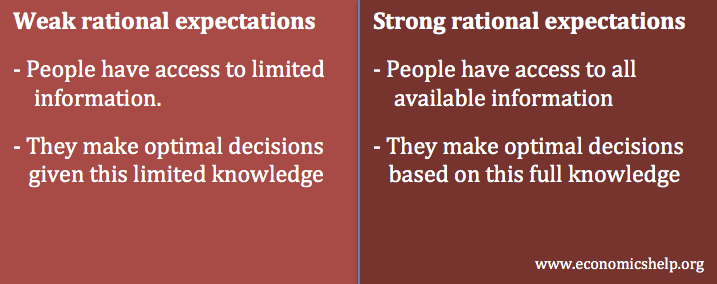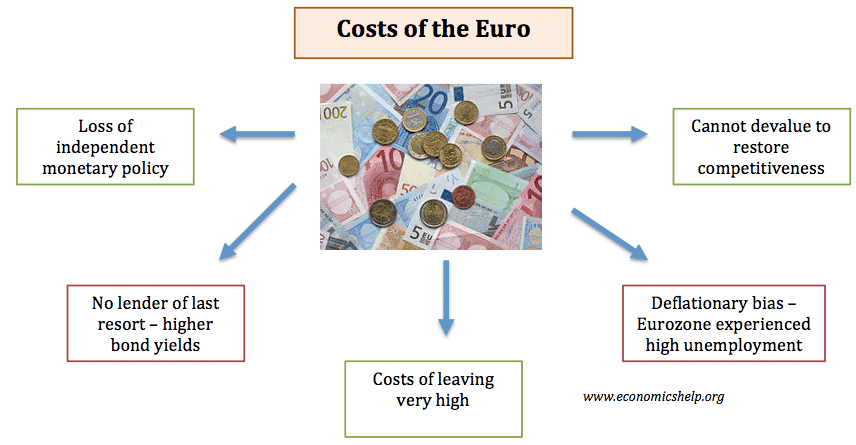How to know when you’re in a recession?
A recession is defined as a decline in real GDP for two consecutive quarters. An economy is in an official recession after six months of falling national income. A recession will typically lead to higher unemployment, a decline in confidence, falling house prices, decline in investment and lower inflation. However, although that may seem quite …


